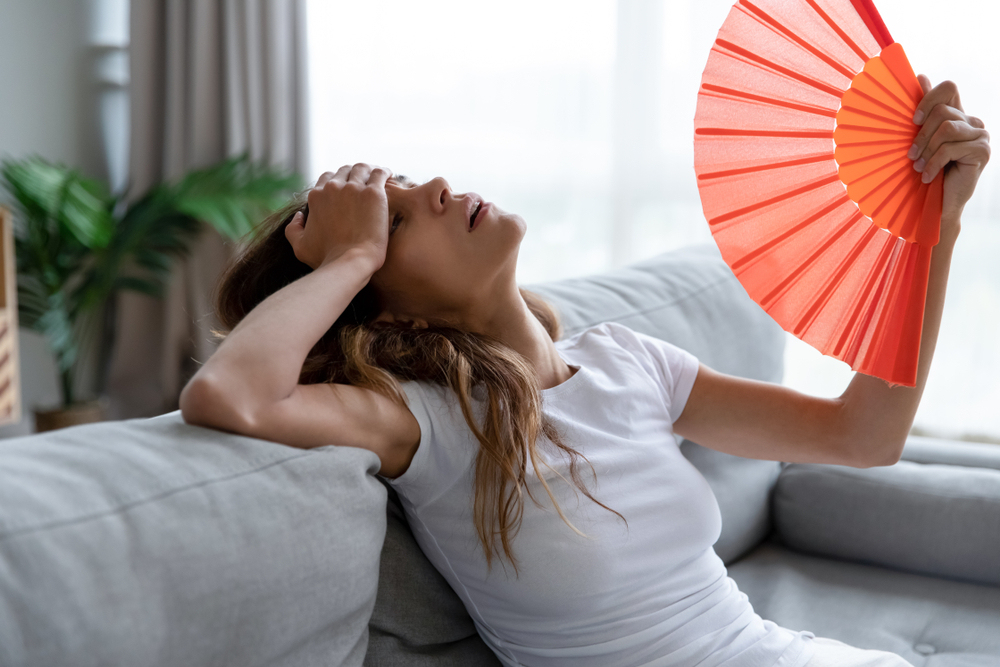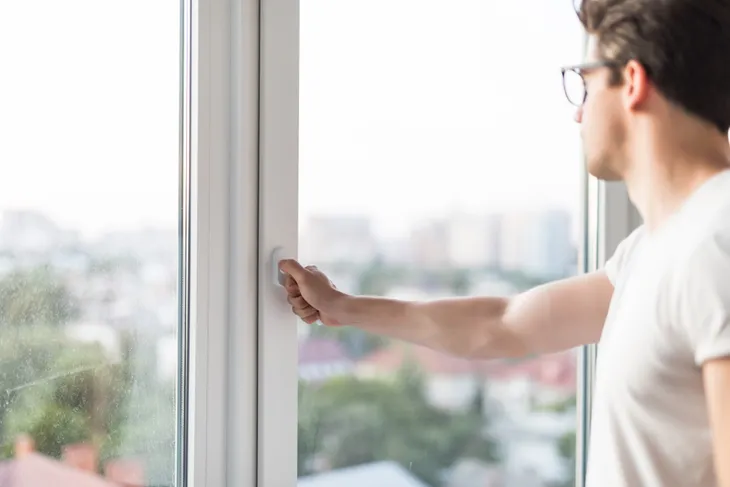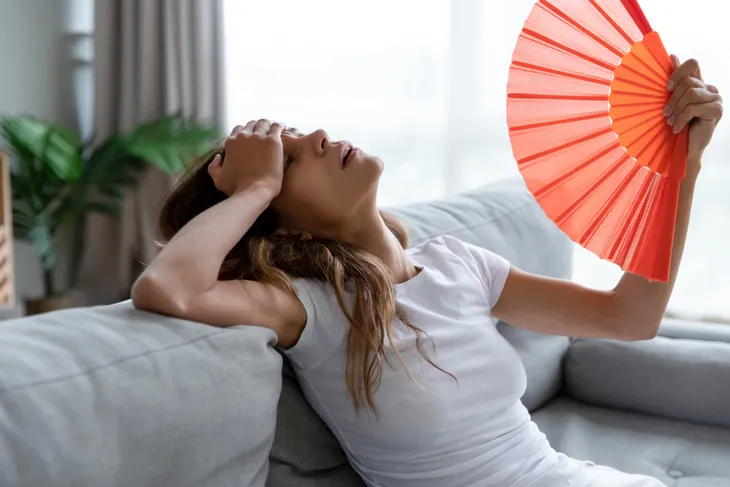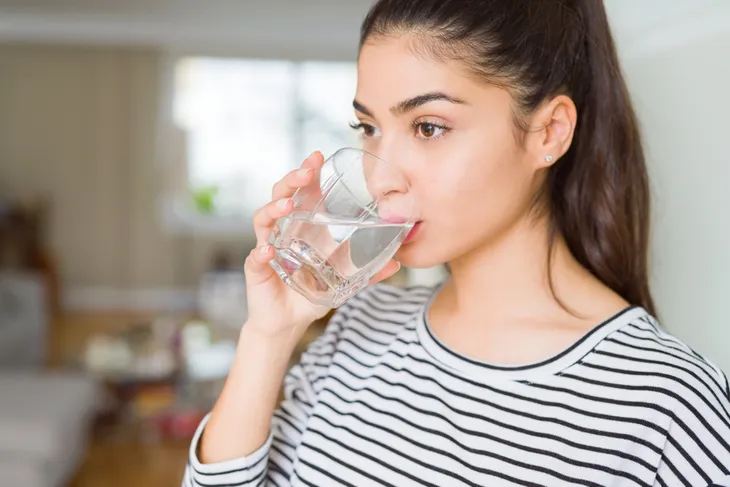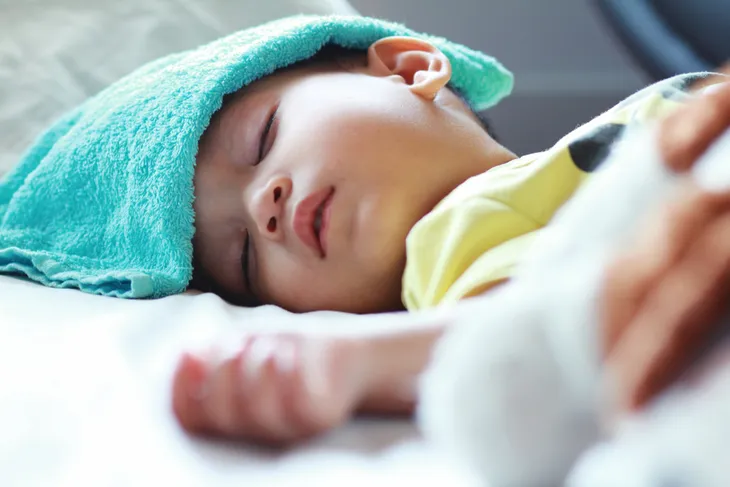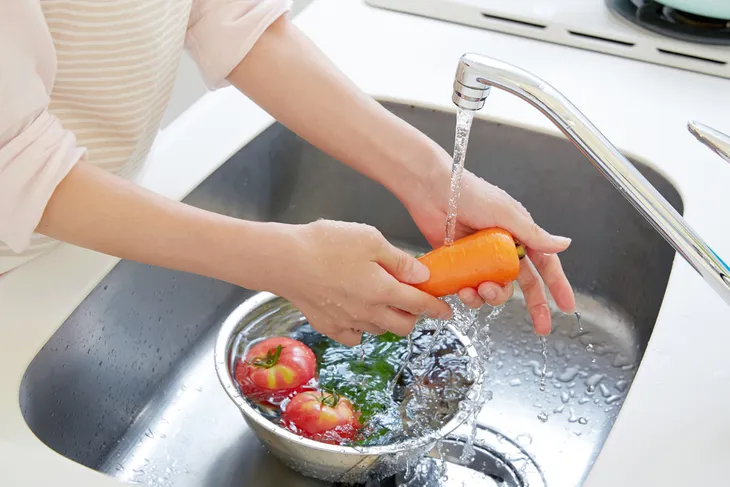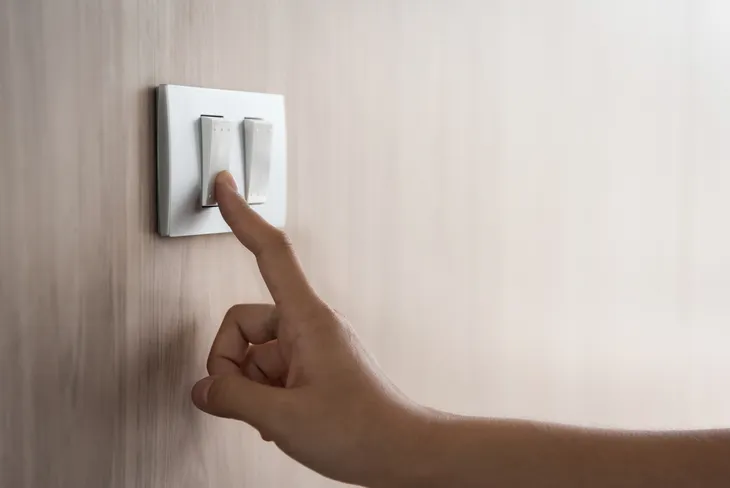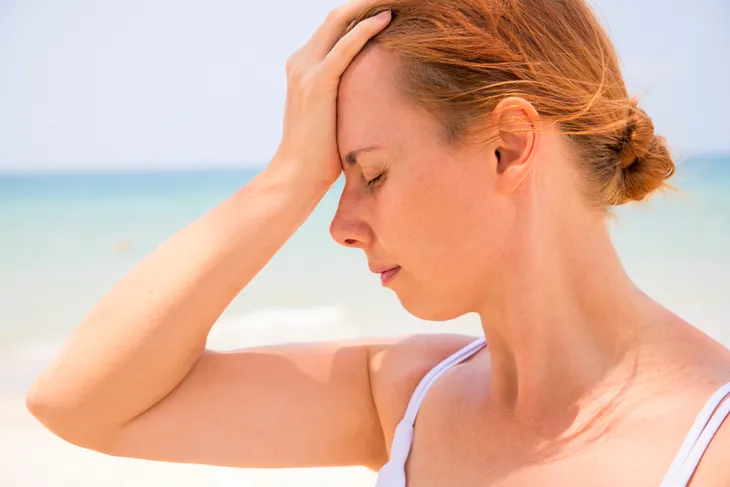Following the harshest winter in decades, most of us aren’t complaining about the heat this summer. That doesn’t mean it doesn’t affect us. The temperatures can climb quickly and when they do they can stay perched near or at 30 degrees Celsius for days. That level of heat is tough enough to bear when you live in an air conditioned home and drive an air-conditioned car. It’s much more arduous to cope with when you don’t have the consistent coolness and have to go about your daily business anyway.
Relentless heat plus the ever-present humidity can zap you of energy and alertness, and generally make you feel—and look—quite uncomfortable. If you don’t have AC, you will probably feel a need to improvise with the following tips. That may mean taking measures like setting up fans and closing your drapes. It also means drinking plenty of liquids when the heat waves hit you.
Become Fan Friendly
When A/C is not an option air circulation is the key. Air circulates best when it is blown, by a fan. A strategy is involved here. When it’s cool outside, specifically some evenings, open all possible windows and doors and set up the standing fans so they blow that cool air into your warm home. On cool nights keep windows open to let a natural breeze waft over you.
During hot days, close all your windows, curtains and blinds to keep in the cool air from the previous evening and night. Circulate that cool air with overhead and standing fans. Make sure you have your overhead fans set to the “summer” setting, usually counterclockwise, so they blow air downward instead of sucking it upward.
Downstairs We Go!
Back in the olden days when air conditioning was a luxury for the few, everyone who wanted to keep cool headed downstairs when the heat became unbearable. Makeshift beds were set up and there was a camp out atmosphere in those cool, welcoming basements. The last place most people wanted to be was on the upper levels of their house, because heat rises and it tended to turn the top floors into a lukewarm oven devoid of circulation and breathable air.
Lots of older homes remain from those days. Even the ones with AC don’t circulate air well, especially if they’re not well insulated. Meanwhile, the basement almost always offers a guaranteed refuge.
Hydrate For Health
Summer and water get along famously, but many people neglect their body’s constant need for it when the temperatures soar and they perspire. Your body has its ways of reminding you that you aren’t replacing that lost water. Before you get close to dehydration, remember to keep a water bottle with you at all times.
There are plenty of places to fill it. Also remember that your body needs electrolytes—minerals in your blood and other body fluids that carry an electric charge. Replacing these is especially necessary after vigorous exercise. Foods rich in sodium, chloride, potassium, and calcium help with this, as does drinking specially formulated sports drinks or coconut water.
Very Versatile Water
Think of how good you feel when you’re at the lake or local swimming hole—or your backyard pool—and dip your feet, or whole body, into the cool water. It’s one of the great joys of summer. There’s a lot more you can do with H2O to keep you cool throughout the day. You can soak your feet in a basin or bucket.
Wet a towel and wear it on your shoulders, or soak and wring out a bandana and wear it around you head. Keep a small spray bottle beside you and spritz regularly with it, and take cool baths or showers more often than usual.
Limit Alcohol and Caffeine
Beer and wine sure are fun to drink in the summer with all those friends around, and patios and poolside parties. Meanwhile, coffee is a day starter for millions of people regardless of the temperature. But remember, neither alcohol or caffeinated beverages hydrate or mix well with the intense heat.
In fact, both of these substances can act as diuretics and promote dehydration. This isn’t to say that you shouldn’t drink them in the summer. You should be fine as long as you consume them in moderation and remember to supplement with plenty of water—both before and after the alcohol and caffeine.
Portion the Protein
What you eat is as important as what you drink. In the summer, it’s important not to overload your body with large, protein-rich meals that can increase metabolic heat and warm your body. You may want to eat more cold salads—and fresh fruit and vegetables—in the summer because, well, they’re cold and they contain water, which will help you cool down further.
Check out your local supermarket and you’ll find an incredible variety of fresh produce, all of it grown for your summer eating pleasure.
Humble the Heat Sources
You have a few primary appliances that generate a lot of heat, namely the oven/stove, dishwasher, and washer and dryer. No one is saying that you should try to avoid cooking, but if you plan ahead, you’ll often be able to prepare foods that require less cooking—for example, cook fish as opposed to beef.
Since you are wearing less clothing, you won’t need to wash your clothes as much either. Plus, you could dry them outside on a clothesline, if you have one. Think about cutting down on your dishwasher use. Also, incandescent light bulbs generate heat, so turn them off when possible.
Prevent Heat-Related Illnesses
The best way to prevent heat-related illnesses is being able to recognize their symptoms. Illnesses such as heat cramps, heat rash, heat exhaustion, and heat stroke all have similar symptoms, which can include pale, cool, moist skin; heavy sweating; muscle cramps; rash; swelling, especially hands and feet; fatigue and weakness; dizziness and/or fainting; and headache.
Call emergency services (911) in the event of a heat emergency and try to keep the victim cool until help arrives. Give them water to drink, apply a cool wet compress, use a fan to blow cool air on them, and give them room to breathe.
Use Common Sense
Every summer we hear tragic stories of people dying because of the heat. Sometimes the tragedies are entirely preventable if common sense was used. For example:
- Never leave children or animals in a hot car even for a few minutes.
- Check in on elderly relatives in the event that they live in a home that doesn’t have air conditioning.
- Give your kids light bedding that allows for maximum cooling.
- Make sure everyone in your family has a water bottle that they take with them wherever they go, especially if they’re exercising.
- And, speaking of exercise, don’t do it outside in the intense midday heat.

“Public” A/C
When you’re out and about, you’ll probably be near a number of buildings that have air conditioning. You may want to take advantage of using them for their cool air. Stores, shopping malls, and government buildings offer temporary refuge from the sweltering temperatures.
Movie theatres may prove especially welcoming because you get to sit down for a couple of hours and enjoy a show at a relatively modest price. Libraries also give you the chance to sit down and stay awhile, while you enjoy a book or magazine.
